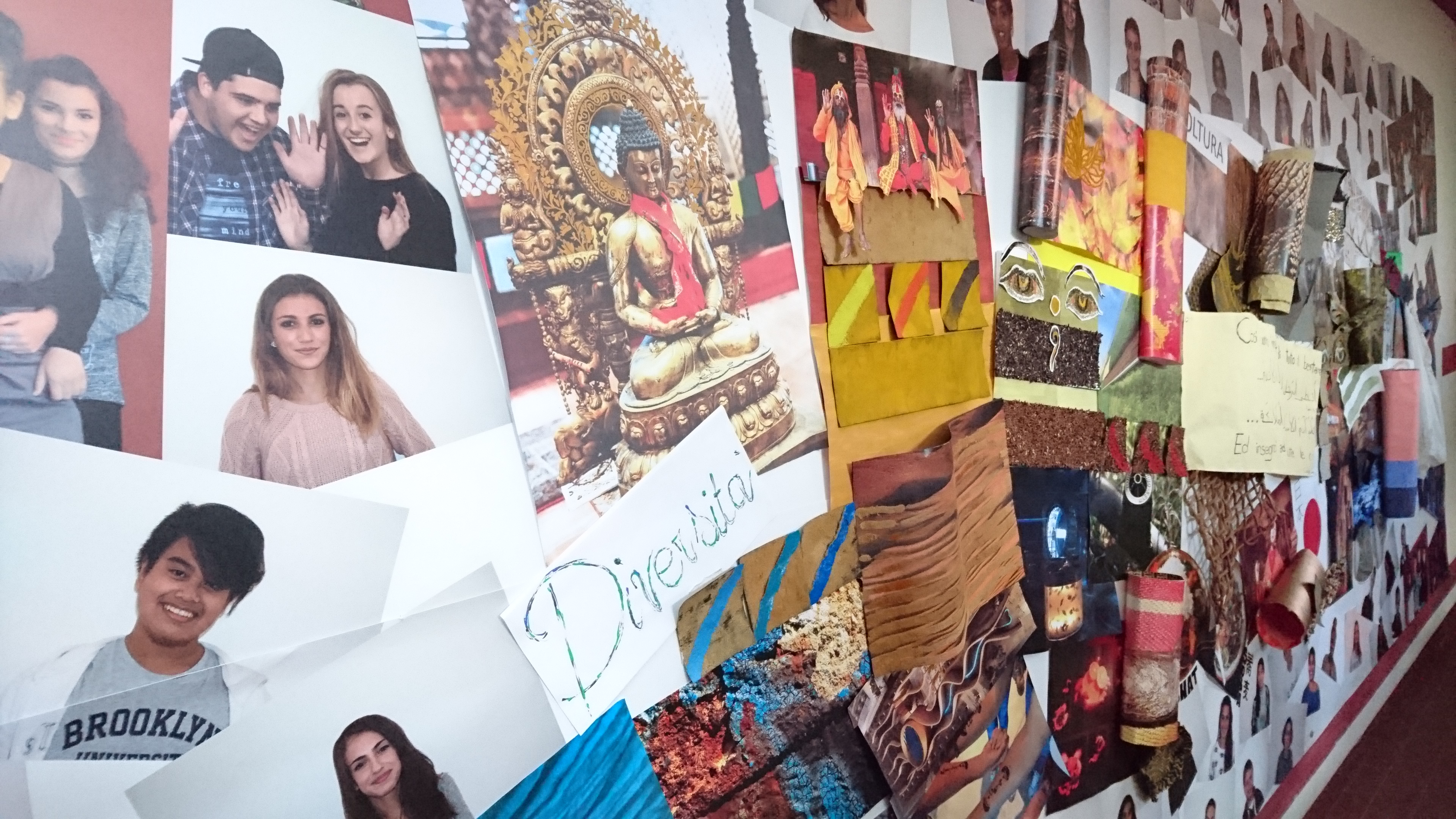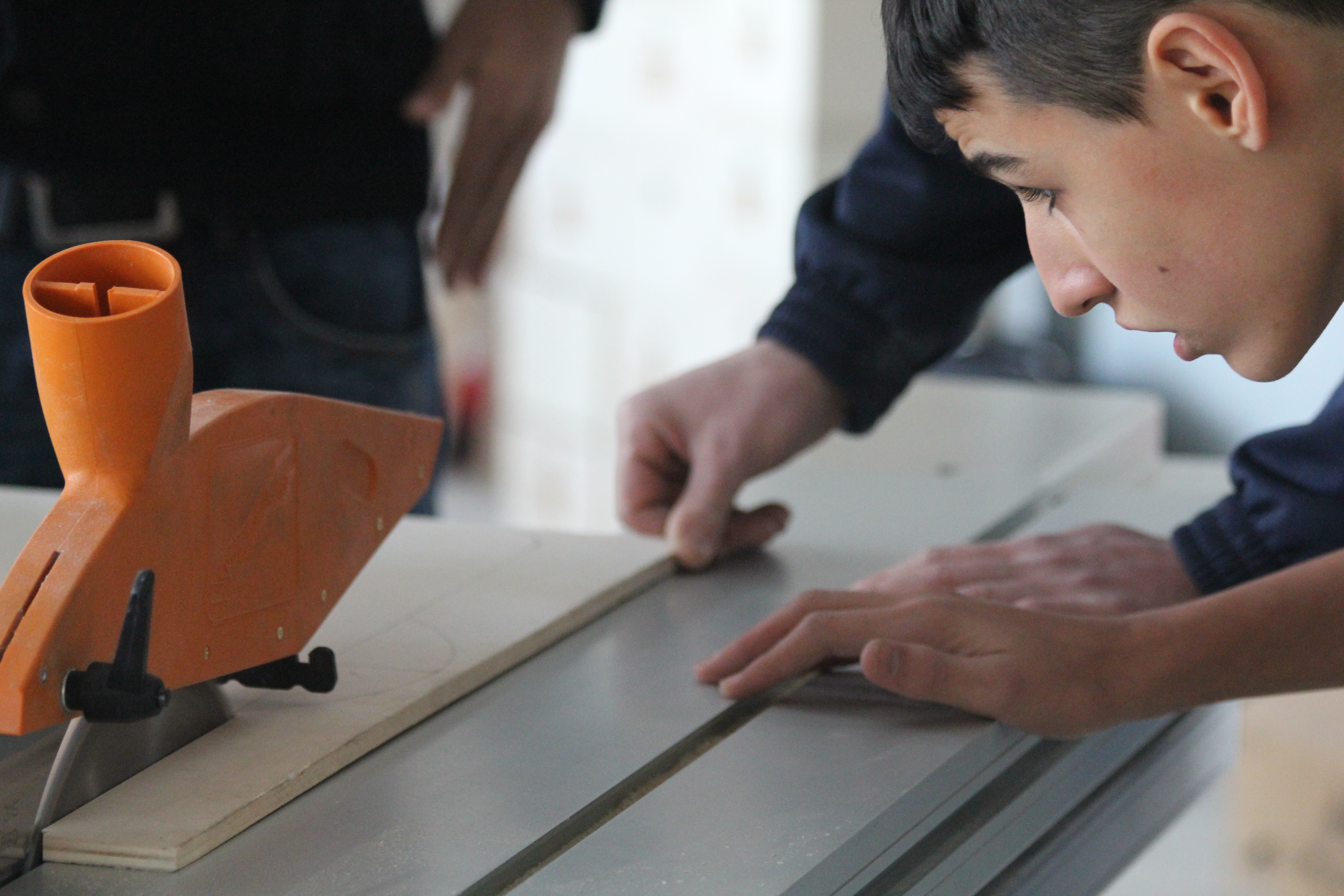Entrepreneurship is a way of being and not a know-how. The most difficult aspect is the intangible, because students can be taught how to write a business plan, which leads them to acquire some management expertise. But surely this kind of education does not create entrepreneurs. Entrepreneurship is a characteristic, it is the aptitude for risk taking, the desire of construction, curiosity, passion; it is the continuous dissatisfaction for which you want to do everything better, the continuous research for better solutions. An entrepreneur knows how to express an idea, calculating important factors such as costs, materials and market. It is someone who anticipates new concepts desired by the market, which can be innovative or express new valor.
(Article by Laureen De Palma and Paolo Nardi, based on a product of Erasmus+ project Trio2Success)
Tutoring & Placement: the key to successful education and training in the Cometa Model
Serving an internship period is recognized as a successful educational tool and, indirectly, as a means to fight unemployment. Still, in order for it to be successful, a pupil should be adequately accompanied by a facilitator or counselling entity. Without an educating individual, there is no chance for any successful education. This case study illustrates the practice at Cometa Formazione VET school, for 14-18 years old students.
(Article realized for the Erasmus+ project Trio2Success)
A pathway to resilience. Cometa, a place to grow and to become yourself.
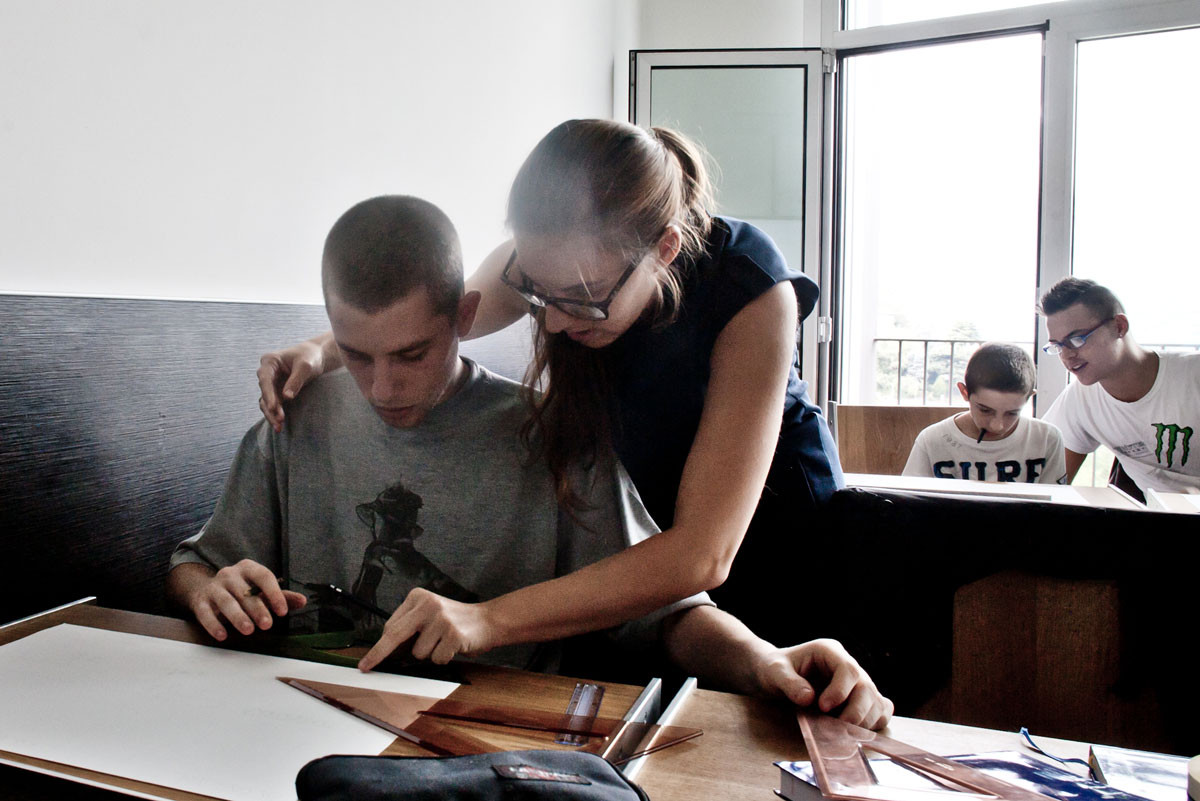
In the daily challenge of educational and training activities, the importance to help students, mainly young kids, to develop a personal resilience (zaradność społeczna) is paramount. Cometa Formazione, operating in Como (Italy), is strongly active to create and preserve those conditions to help the kids to recognize and deepen the knowledge of their own attitudes. Based on the concept of “Experiential Learning”, Cometa Formazione and its Oliver Twist school have implemented the “school-enterprise” approach aiming at developing resilience, involving students in creating real products for real customers in school’s workshops: a carpentry, a fashion studio, two coffee shops and a restaurant. The analysis of the method leads to identify five main pillars in the sociological approach for the development of a resilient attitude in students’ life.
(Article by Anita Longo and Paolo Nardi,published in Kotlarska-Michalska, A. and Nosal, P. (2016) Zaradnosc spoleczna. Wspolczesne przejawy i ograniczenia. University Adam Mickiewicz of Poznan)
Inclusive school, the key to successful education
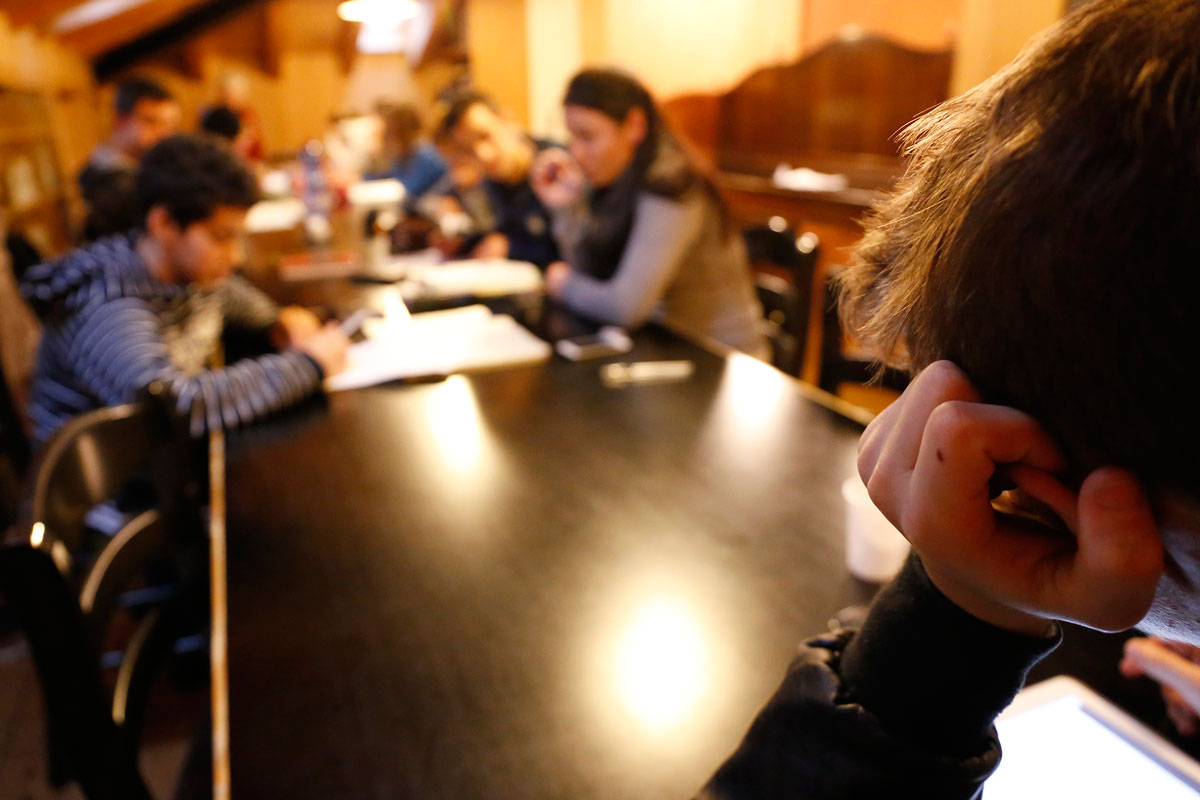
This paper addresses the topic of inclusive school as the key to successful education for everybody. Today’s multifarious forms of problems related to diversity and manifesting themselves in classroom impose a change on the school: to outgrow uniform and straight organizational and teaching models in favor of a flexible approach that responds to the special learning needs of individual pupils. Quality of school is measured by its ability to develop inclusive learning processes, that is to say to provide adequate and effective answers to each and everyone. Through the analysis of the experience made in the school Oliver Twist in Como, this paper highlights the distinctive features of inclusive good practices which ultimately lead to deliver successful education for everyone, starting from the integration of disabled students. Acknowledging the value of diversity and differences as a resource is a challenge to the traditional role of the special education teacher, whose role in this school has evolved into the innovative profile of a co-teacher, thus extending the inclusive perspective to a competent special education framework.
Team building in teaching. From the teachers’ team to the class team.
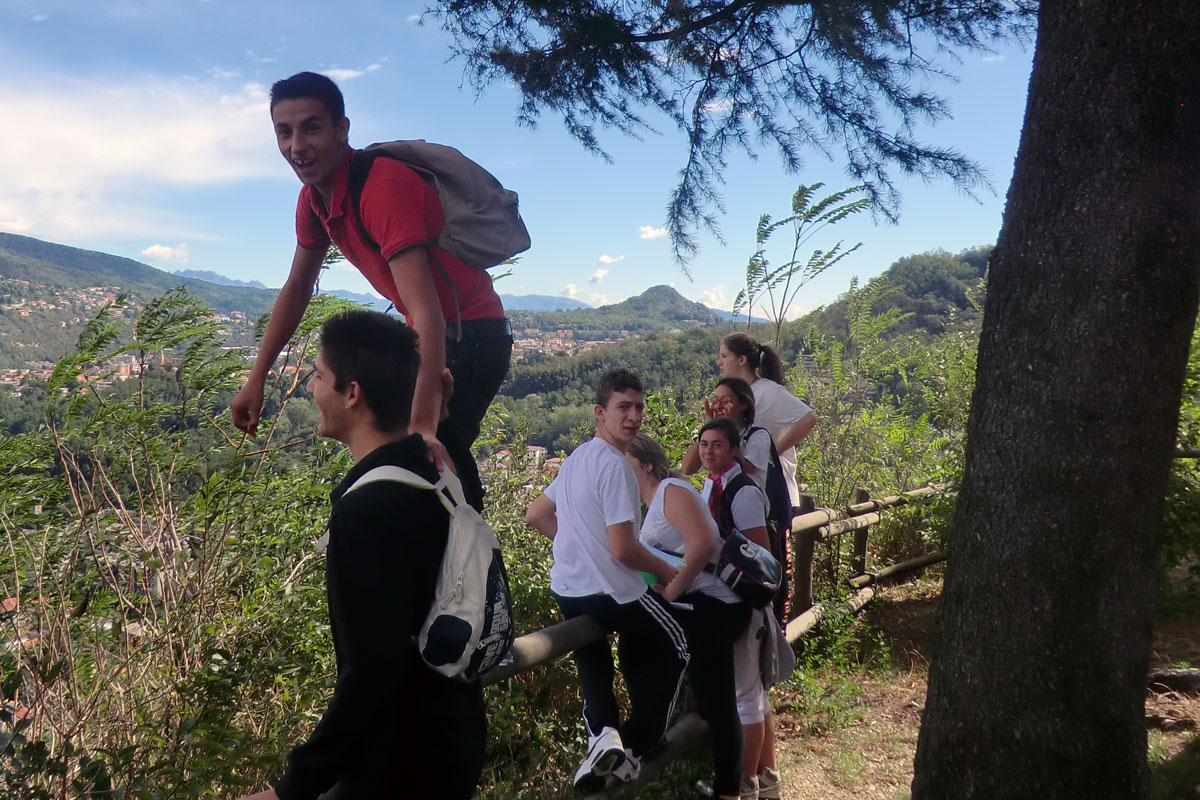
This document intends to explore any possible connection between Team Building efforts, training of teachers along an educational pathway and experiential learning. Team Building is increasingly valued in the business community as an activity which turns a group of people working together into a team. Through the analysis of some theoretical concepts behind such practice, the intent of this paper is to identify and lay the foundations for the development of the same process in a school setting, from the viewpoint of training the teachers.
Afterwards, through the proposition of a fractal model, the author will analyze how this can deliver a positive impact on the learning level, both from a standpoint of strategy as well as outcomes.
Formative assessment at the service of daily lesson planning. The student as the protagonist.
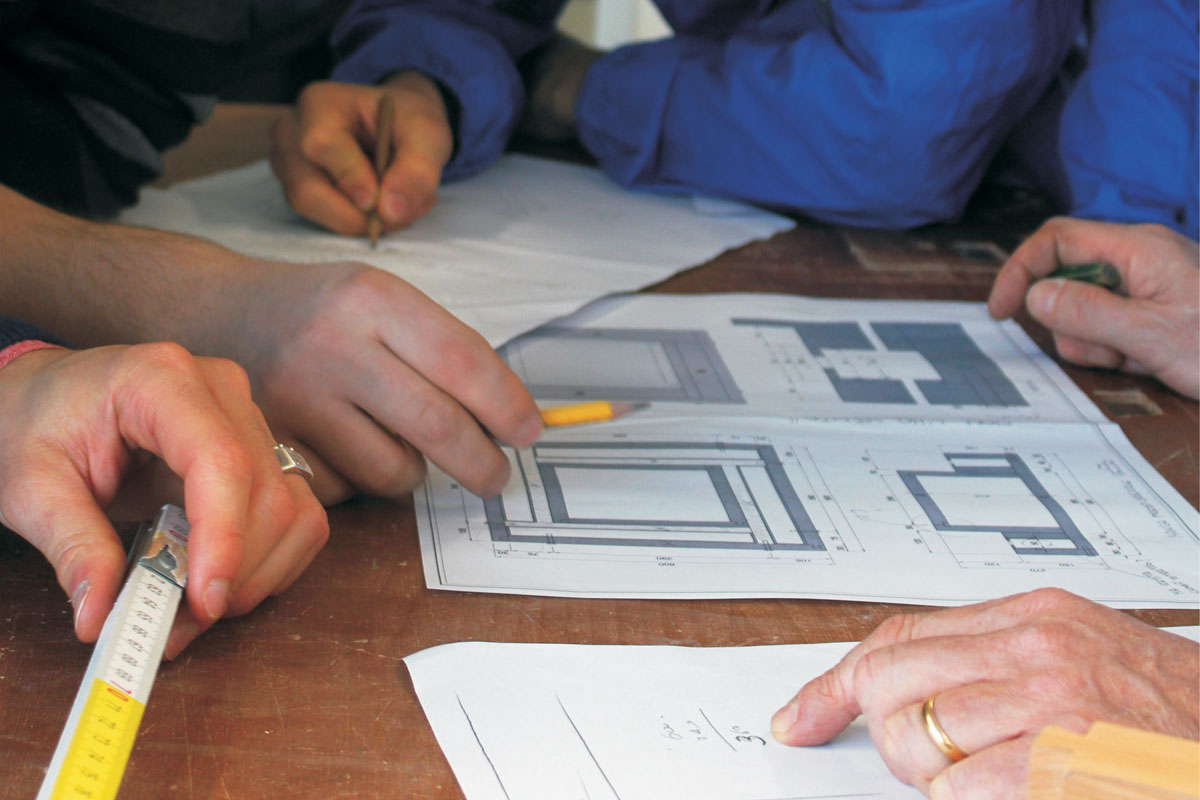
This paper focuses on the topic of formative assessment and its use by secondary school teachers to determine whether students have accomplished the preset learning goal at the end of each lesson.
This practice aims at contributing to disrupt the idea that education provided at school allegedly doesn’t really impact on the development of the students’ abilities and that whoever starts a course of instruction with some difficulties will usually complete it proportionally carrying along the very same difficulties.
Formative assessment has been spreading in school settings through new technologies in recent years. Such technologies are, in fact, revolutionizing teaching practices, thus allowing to get a deeper understanding of the learning patterns of the students through the tool herewith presented.
This practice enables students to appreciate how a teaching proposition is actually perfected around their specific characteristics, thus generating a learning-conducive classroom environment and spirit of cooperation, as each and every student takes on the leading role in things that happen.
Moreover, this raises another question, namely whether it is more appropriate to resort to a “rigid” teaching methodology or to try and adjust it to the characteristics of the class for the things that are being taught at any specific time.
This paper deals with the pilot-test that was implemented at the vocational training center “Oliver Twist at Cometa Formazione s.c.s” which resulted in some good practices relating to the use of formative assessment at school.
